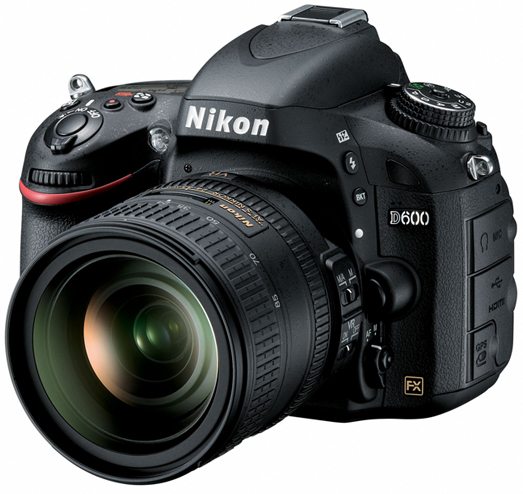Last Updated on 02/26/2014 by Chris Gampat
Not long ago, we reported that US law firm Lieff Cabraser Heimann & Bernstein were preparing a class action law suit against Nikon, due to the company’s bad handling of the sensor spot issue in its D600 DSLR cameras. Shortly after their cameras introduction, it was discovered that many units were showing spots on their sensors that looked like dust. As it turned out, these were in fact tiny bits of oil that came from the camera’s shutter mechanism.
Now PetaPixel and Nikon Rumors report that Lieff Cabraser Heimann & Bernstein aren’t the only ones suing (or rather, preparing to sue) on February 19th law firms Zimmerman & Reed PLLP, Pearson, Simon & Warshaw, LLP and Hausfeld, LLP jointly filed a complaint against Nikon for the same reason, representing many angry Nikon customers that are unhappy with the way Nikon originally reacted to the D600 issue. As a consequence, the company is now getting beatings from multiple angles.
It is rather peculiar to note, then, that Nikon subsidiaries all over the world have now issued statements that faulty D600 units will be serviced free of charge–even when they’re already beyond their respective warranty expiration date. While this is partially good news as it means that users of D600 cameras showing the sensor spot issue will receive proper service free of charge, Nikon still doesn’t seem to acknowledge that–at least in some cases–the spots are caused by oil spilled from the shutter unit. In fact, the official statement reads:
“Nikon (…) has determined that these spots are caused by dust particles which may become visible when the camera is used in certain circumstances and/or with certain settings. (…) As part of its customer-service commitment, Nikon is providing a customer-service measure to reduce the potential impact of dust particles on images taken by its D600 D-SLR cameras.”
It is entirely unclear what kind of measures Nikon will be providing to its customers. Judging by the above statement, it could mean that the sensor will be cleaned from dust by conventional measures, and no further action to prevent oil spill from the shutter unit will be taken. If that should be the case, then what Nikon offers now would be no different from what the company originally offered its customers when the problem was first made public: a thorough sensor cleaning.
It seems the story isn’t over yet.


